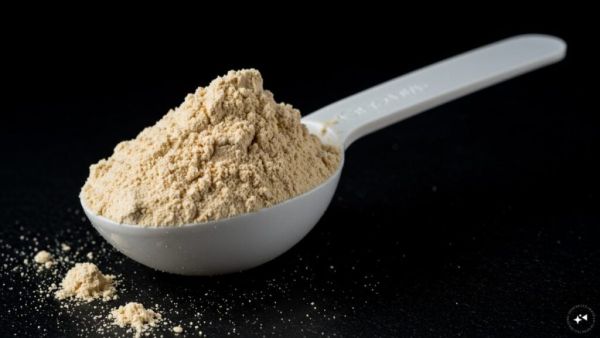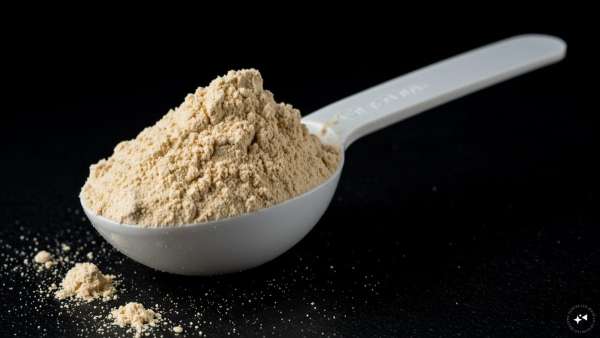

Last Updated:
Creatine is known for boosting both cognitive function and athletic performance.
Creatine supplementation may be beneficial for cognitive function and brain health, especially for functions like memory, attention, and speed of information processing. Creatine is also known for boosting athletic performance. A naturally occurring substance, creatine is produced by the body from the amino acids methionine, arginine, and glycine. Skeletal muscle stores 95% of the body’s creatine, with the liver, kidneys, and brain storing the remaining 5%.
Creatine supplementation raises brain creatine levels, which could improve cognitive function, particularly in older persons. It promotes general brain health and neuroplasticity by lowering oxidative stress, regulating neurotransmitters, and supporting energy production.
During vigorous lifting or activity, creatine keeps your muscles’ energy supply steady. It contributes significantly to the energy production by increasing the regeneration of adenosine triphosphate (ATP), which is the main source of energy in cells.
Creatine monohydrate supplements have been proven to raise intramuscular creatine reserves, improving energy availability during brief, high-intensity activity bursts.
Creatine also turns out to be a brain supporter, and new research indicates that it may also improve cognitive function besides being recognised for improving athletic performance.
Memory enhancement – According to a comprehensive review and meta-analysis of randomised controlled trials (RCTs), taking creatine supplements significantly improved memory function in healthy individuals, especially in older adults (66–76 years old).
Creatine and brain function – The brain uses a lot of ATP for activities including information processing, synaptic activity, and neurotransmitter release, making it an energy-demanding organ. Creatine supplements have been shown to raise brain creatine levels, which may enhance cognitive function.
Preventing cognitive decline – Cognitive deficits can result from a reduction in the brain’s ATP synthesis and mitochondrial function as people age. The energy metabolism function of creatine may help lessen these effects.
Processing speed and attention – Creatine supplementation has also been linked to improvements in processing speed and attentiveness. According to a study with 492 people ages 20.8–76.4, taking creatine supplements greatly improved participants’ attention spans and processing information speed.
Oxidative stress reduction – There is growing evidence that creatine may help treat disorders like depression and may have a role in mood regulation. Creatine protects brain cells from harm linked to neurodegenerative illnesses by reducing oxidative stress.
Neuroplasticity enhancement – Creatine supplementation may boost brain plasticity by encouraging the development and maintenance of neural connections, which would aid in memory and learning.
When taken as per approved dosages, creatine supplements are usually regarded as safe for healthy individuals. Weight gain from water retention is a common side effect.
However, it is best to speak with a healthcare professional before beginning to use supplements, particularly if you are taking medication or have a pre-existing medical condition.
Delhi, India, India